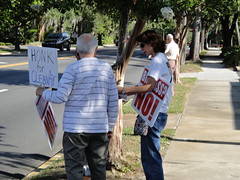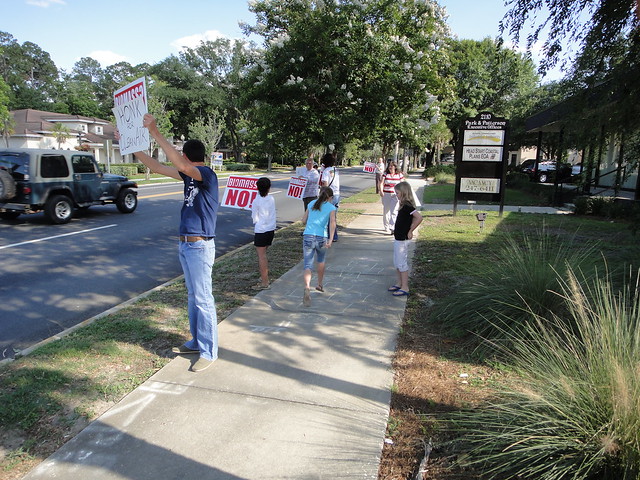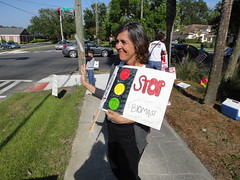Community leaders in the Valdosta area came together at the 2011 Economic Summit to discuss the economic health of Valdosta-Lowndes County.WALB then quotes the Chamber’s press release.Economic Summit participants raised substantive questions for the panel and shared ideas for moving forward during the facilitated discussion portion of the Summit led by VSU Center for Business and Economic Research Director, Scott Manley.
Dr. Cynthia R. Tori presented the VSU Center for Business and Economic Research study, Lowndes County by the Numbers: How Do We Compare With Peer and Aspirant Communities?That study sounds very interesting. Can we see a copy? Continue reading









